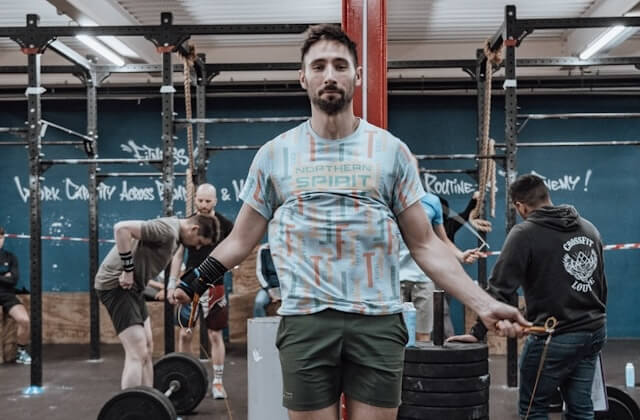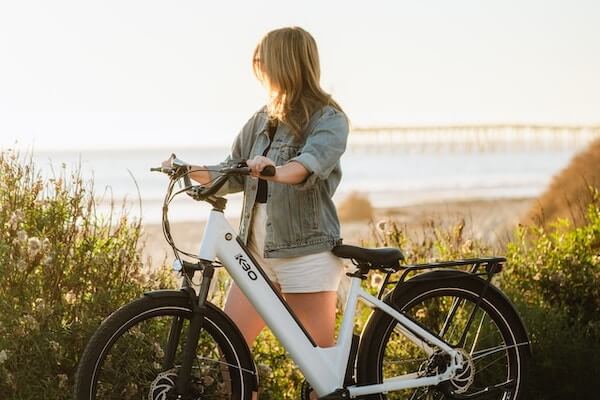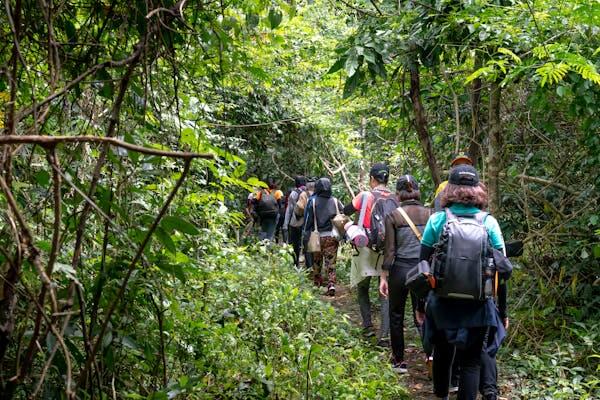
It's a familiar headline: too many Aussie kids aren't getting enough movement. Current figures show that roughly two in three Australian children don't meet the recommended physical activity guidelines [^1]. That's a huge issue, not just for their physical health today, but for their long-term relationship with being active.
But there's a simple idea, championed by groups like the Australian Sports Commission, that's changing the game: Physical Literacy.
What Exactly is Physical Literacy?
Forget the idea that 'literacy' only applies to reading and writing. In this context, Physical Literacy is about having the motivation, confidence, physical competence, knowledge, and understanding to value and take responsibility for being active for life.
It's not about winning a medal or being the best at a single sport. It's about a child feeling comfortable enough in their own body and in social settings to jump, run, throw, catch, and play a variety of games.
Think of it like learning to read:
| Academic Literacy | Physical Literacy |
|---|---|
| Learning the alphabet | Mastering basic movement skills (running, balancing, jumping, catching) |
| Reading a novel | Playing a social game (AFL, netball, soccer, or even just tag) |
| Choosing books you love | Choosing activities you enjoy and sticking with them |
A child who is 'physically literate' won't be the one sitting on the sidelines because they feel awkward or uncoordinated. They'll have the confidence to try new things and the desire to join in.
Why This Foundation is Crucial
The goal is to raise adults who are active, healthy, and connected to their communities. If a child doesn't develop fundamental movement skills and confidence early on, they are far more likely to drop out of organised sport and physical activity as they hit their teen years.
This lack of activity has flow-on effects:
- Physical Health: Increased risk of chronic conditions later in life.
- Mental Health: Exercise is a proven mood booster and stress reliever. In a world of screens, movement provides a vital mental health break.
- Social Connection: Team sports and group activities are a major way kids form friendships, learn teamwork, and build community ties.
How to Build Physical Literacy in Your Family
The great news is that you don't need expensive equipment or intense training schedules to build this skill. You just need variety, fun, and encouragement.
1. Focus on Fun, Not Formal Training
For younger kids, play is the purest form of physical literacy training.
- Move It Indoors: Build a fort, have a dance-off, or play 'the floor is lava' to encourage balancing, crawling, and climbing.
- Backyard Games: Use bubbles, skipping ropes, or a simple ball for throwing and catching practice. The focus should be on mastering the movement, not scoring points.
2. Embrace Variety Over Specialisation
A child who only plays one sport is only learning one set of movements. Encourage them to try activities that use different muscle groups and skills.
- Swimming builds water safety and cardiovascular fitness.
- Dance/Gymnastics improves balance, flexibility, and coordination.
- Martial Arts develops body awareness and discipline.
- Bike Riding/Scootering is a great way to explore and build endurance.
3. Connect with Community Groups
This is where the magic happens. Community groups and clubs are the perfect places for kids to test their skills in a social, low-pressure environment.
- Social Sport: Look for local 'come and try' days for tennis, Netball, or Soccer. These environments are designed to teach skills in a supportive team setting.
- Local Events: Check out community fun runs, park walks, or school holiday activity programs. These create positive memories around movement.
- Walking or Riding: Start a family tradition of walking to the local shops or riding to the park. It integrates movement into daily life.
By championing Physical Literacy, we’re not just encouraging kids to be more active; we're giving them the essential tools to feel confident, capable, and connected—ensuring they choose an active Aussie life, for life.
References
[^1]: Australian Sports Commission. (2025). Physical Literacy Coalition Action Plan 2025 - 2027.
[^2]: The definition of Physical Literacy has been adapted and informed by work from the Physical Literacy Coalition (Australian Sports Commission) and the International Physical Literacy Association.






